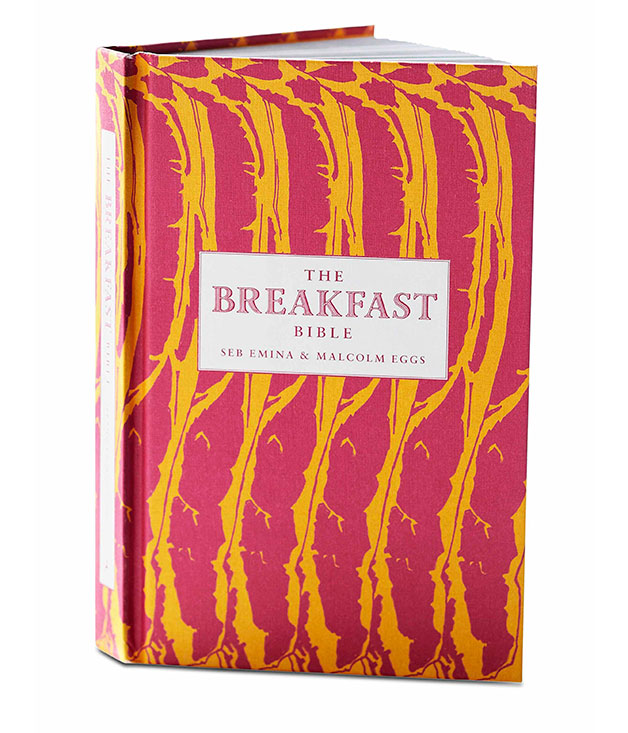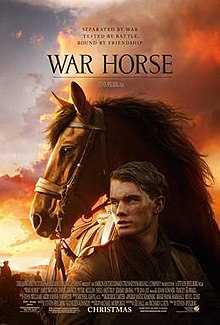--The blurb--
"When it comes to the most important meal of the day,
this is the book to end all books, a delectable selection of recipes,
advice, illustrations and miscellany. The recipes in the
robust volume begin with the iconic full English - which can mean
anything as long as there are eggs, bacon, sausages, mushrooms,
tomatoes, black pudding, bread, potatoes and beans involved - before
moving confidently on to more exotic fare such as kedgeree, omelette
Arnold Bennett, waffles, American muffins, porridge, roast peaches,
channa masala from India, borek from the Balkans and pães de queijo from
South America. There are also useful tips like the top songs for boiling an egg to, and how to store mushrooms. Interspersing the practicalities of putting a good breakfast together
are essays and miscellanies from a crack team of eggsperts. Among them
are H.P. Seuss, Blake Pudding, Poppy Tartt and Malcolm Eggs, who offer
their musings on such varied topics as forgotten breakfast cereals of
the 1980s, famous last breakfasts and Freud's famous Breakfast Dream. Whether you are a cereal purist, a dedicated fan of eggs and bacon or a breakfast-aficionado with a world view,
The Breakfast Bible is the most important book of the day."
--The review--
My husband often jokes that he did well to marry a Brit, as the breakfasts in other countries are rubbish. He says this while being French (so no "but what about croissants?" will change his mind) and while travelling extensively around Europe for work (so he has had plenty of time to be won over by other countries' dubious displays of selections of ham and cheese). However, even he has to admit that the brilliantly-researched Breakfast Bible, by Seb Emina and co, will open up any reader's eyes to a range of culinary possibilities from around the world.
Beautiful photographs are interspersed with witty (yes, really) puns, historical tidbits, food quizzes, culinary horoscopes and amusing diversionary lists (including songs to eat while cooking/eating breakfast - although somehow they forgot the blindingly obvious Breakfast At Tiffany's by Deep Blue Something). This, of course, does not stop the range of reliable and easy-to-follow recipes from being centre stage. As well as expanding on one's knowledge of the full English breakfast (who would have thought that a mixture of oats, yeast and water would lift bacon and sausages to even greater heights?), other breakfast foodstuffs enter stage left to mix up our breakfasts throughout the week (for example, Persian eggs, made with saffron and halloumi, make a nice change).
So the book expands horizons, makes us laugh, and fills our bellies in even more ways than before. So what? What makes The Breakfast Bible different to other food books?
Seb Emina's accessible and drily humorous style, along with that of his co-writers, is clearly part of it. However, it can't be the only reason that this book never gets put back on the shelf, taking up permanent residency on our breakfast table to be consulted regularly. On the practical side, it also deals with cooking techniques, such as how to buy your raw ingredients to ensure you're always getting food to fit your requirements. However, it's Emina's unique take on this that makes the book memorable: who else would tell you to not use an egg timer, but instead to cook along with a song, meaning that by the time it's over your egg will be cooked just how you like it? Short essays on certain aspects of our British breakfasting history (such as class at the breakfast table) also help to give an even rounder and fuller understanding and impression of the meaning behind the meal. All of this takes place without ever feeling chaotic or losing readability. All tastes are also catered for, whether you're on a health kick or throwing caution to the wind, whether you're refined or trashy (Pac-Man cereal, anyone?), and whether you're traditional or adventurous.
Perhaps more important, though, is the non-politically-correct yet inclusive view of breakfast presented by this diverse collection. Perhaps even in time it will help to draw my husband back to his own homeland's breakfasts thanks to Emina's recipes for pains au chocolat, croissants, and French toast. Meanwhile, him indoors is just grateful to have been steered clear of the Glamorgan sausage (suffice it to say that hard-core meat-eaters will be very disappointed by what sounds initially like a carnivore's dream) - and as I sink back into a tea-induced stupor (tea from China, for what it's worth), I'll send you on your way with a simple
bon dégustation - and a recommendation to buy this book.
cross-posted to Ferret Food and Wines


















